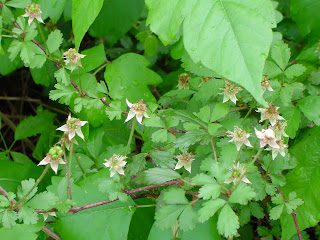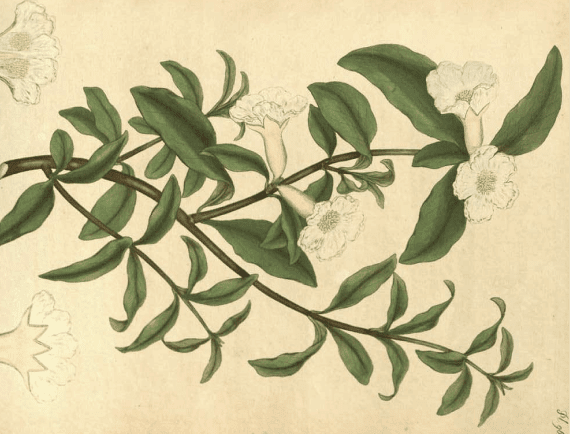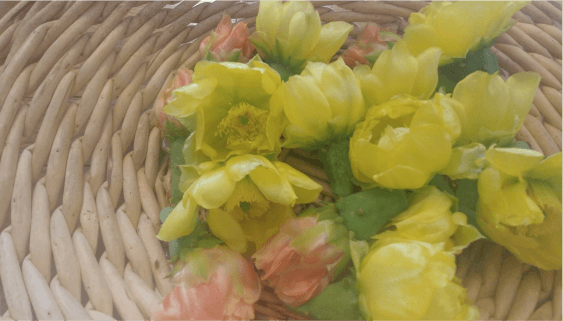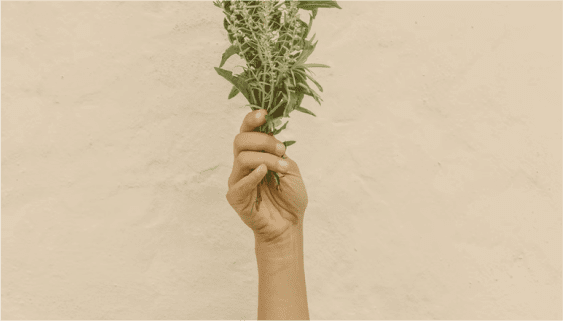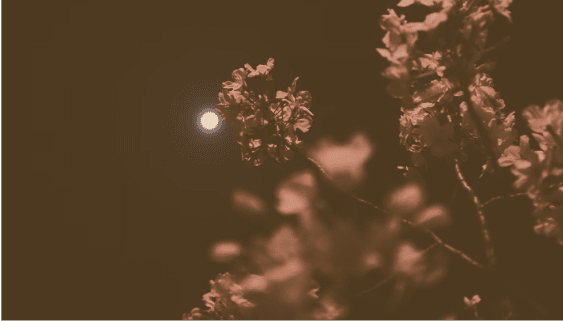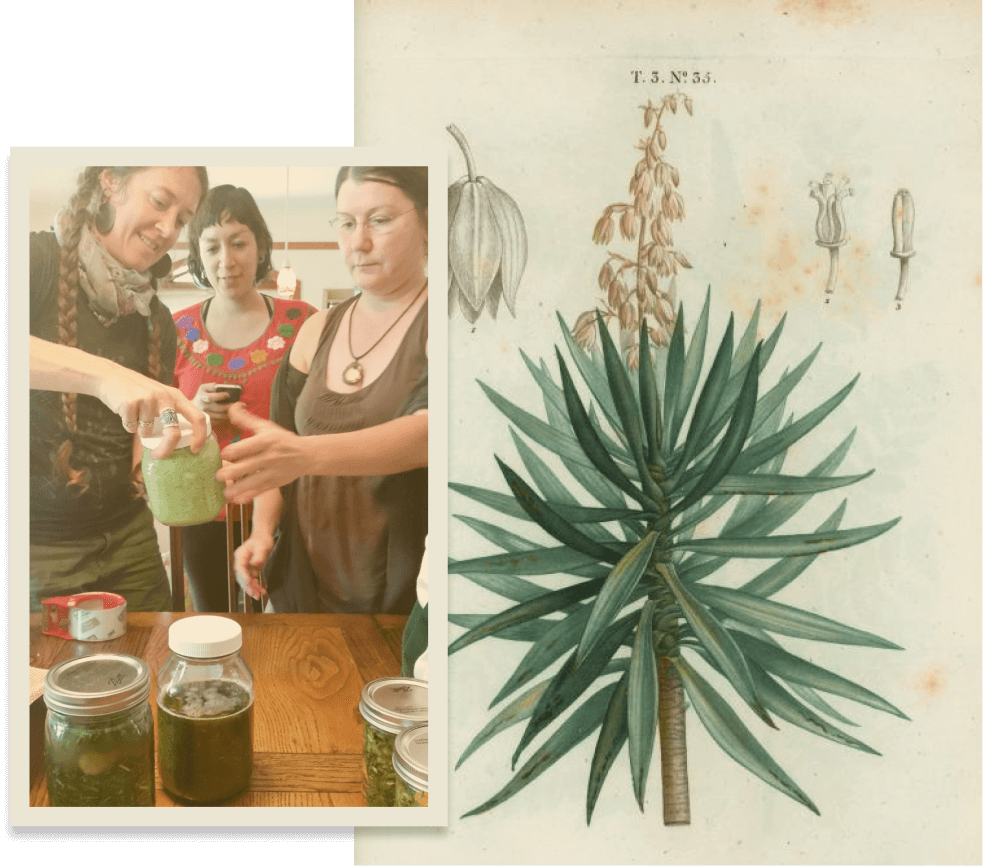Dewberry, or Rubus trivialis
Rubus said to be from Latin ruber, meaning “red” pertaining to its fruit color
It is in the in Rose, or Rosaceae family of Plants
Description:. There are many horticultural varieties of Rubus sold and grown as blackberries and raspberries. Some of them have even escaped into the wild around Central Texas. Our native variety forms mats of trailing vines covered in small thorns. The leaves are alternately arranged along the stem and palmately compound, usually in 3-5 leaflets with serrated margins. It is perennial and sprawling. Rubus makes small white flowers that turn into tiny edible black berries. It is a common plant to find in woodlands, preferring a bit more shade, and can also be found in ditches and disturbed areas
Harvest: In Central Texas, the birds usually get to the berries before people. If you have a bit of land you may be able to find enough of a stand to harvest some of the berries. The leaves are also harvested and made into tea. Some species, like blackberry and harvested for the root.
Historical Use:The astringent bark of the root of Dewberry was harvested to help relieve diarrhea. One of its relatives Blackberry root is still sold commercially for such purposes. The leaves of Dewberry may be used like another cousin, Cousin, Raspberry Leaf. They are gentle astringents, helping to tonify both the reproductive and urinary tract. The leaves and berries are also known to be quite tasty and nutritive, containing Vit C, VitK, Folic Acid and minerals like calcium, manganese, and potassium. The entire plant is cooling and tonifying.
Modern Use: I use a lot of organically grown raspberry leaf in teas. I tend to come across our native variety in a lot of disturbed areas with a questionable history. I am never quite compete well enough with the birds when it comes to the berries, and at best may get ½ of one that is ripe, or a whole one that isn’t ripe yet. In tea it has a great flavor as well as being gentle in its tonification. It also does well in smoking blends.
Planting: Dewberry would be worth cultivating along fences and at the back of your property, where it can get partial shade. It does not need to be watered and pretty much does its thing.
